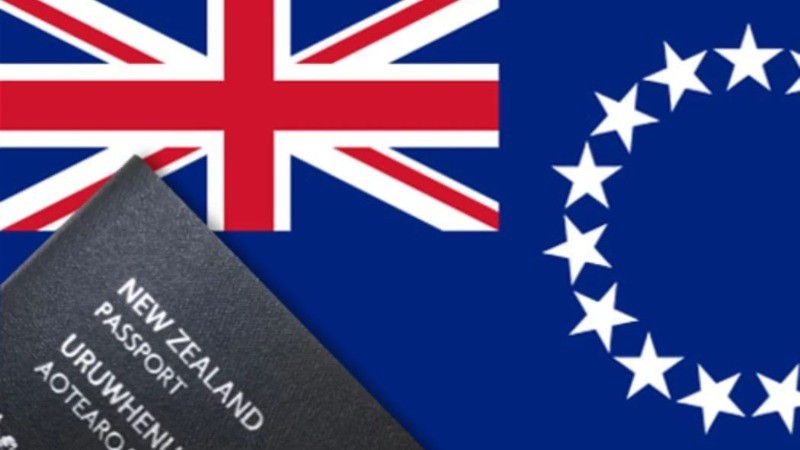
New Zealand has rejected proposal from the Cook Islands to introduce its own passport and citizenship while still maintaining its association with New Zealand. The proposal, which aimed to create a separate identity for the Cook Islands while retaining its relationship with New Zealand, has been dismissed by the New Zealand government. However, New Zealand has indicated it would be open to discussing the issue of full independence for the Cook Islands.
New Zealand’s Minister of Foreign Affairs, said that passports, citizenship, and U.N. membership are reserved for fully independent nations. Since the Cook Islands is a self-governing nation in free association with New Zealand, it cannot access these privileges unless it becomes fully independent, the spokesperson explained.
The Cook Islands, located in the South Pacific, consists of 15 islands and has a population of about 15,000. For nearly 60 years, it has operated as a self-governing entity in free association with New Zealand. While the Cook Islands manages its internal and external affairs, its citizens hold New Zealand citizenship and have the right to live, work, and access healthcare in New Zealand.
Prime Minister Mark Brown had advocated for Cook Islanders to have their own passports, explaining it as a move to "recognize our own people." He had hoped to introduce separate citizenship while maintaining the Cook Islands' relationship as a realm of New Zealand.
Tensions between the two nations have been rising over this issue. Leaders have held several discussions in recent months, with Brown comparing the proposal to the dual citizenship enjoyed by many New Zealanders. "New Zealanders are free to carry dual passports, and it is precisely the same thing that we’ll be doing," Brown remarked in November.
Despite Brown’s advocacy, some Cook Islanders have expressed concerns. Critics, like Thomas Wynne, a Cook Islander working in Wellington, questioned whether the people of the Cook Islands had been properly consulted on such a significant decision. Other residents voiced concerns about how the change might affect their access to essential services like healthcare in New Zealand.
On Sunday, New Zealand’s Foreign Minister Winston Peters made it clear that a separate passport and citizenship could only be granted to a fully independent and sovereign country. He added that any potential shift in the relationship would need to be approved by a referendum, giving the Cook Islands people the chance to decide whether they prefer to keep the status quo or move towards full independence.
Following this, Brown responded by reassuring that the Cook Islands would not take any actions that might harm its important relationship with New Zealand. He emphasized that the Cook Islands would continue to prioritize its current status while addressing the concerns of its citizens.
The Cook Islands is not the only territory with a unique relationship with a larger country. Niue, another Pacific island, shares a similar arrangement with New Zealand, where it governs itself but depends on New Zealand for defense and foreign affairs. Other regions, such as Greenland, the Faroe Islands, and Puerto Rico, have similar relationships with Denmark and the United States, respectively.